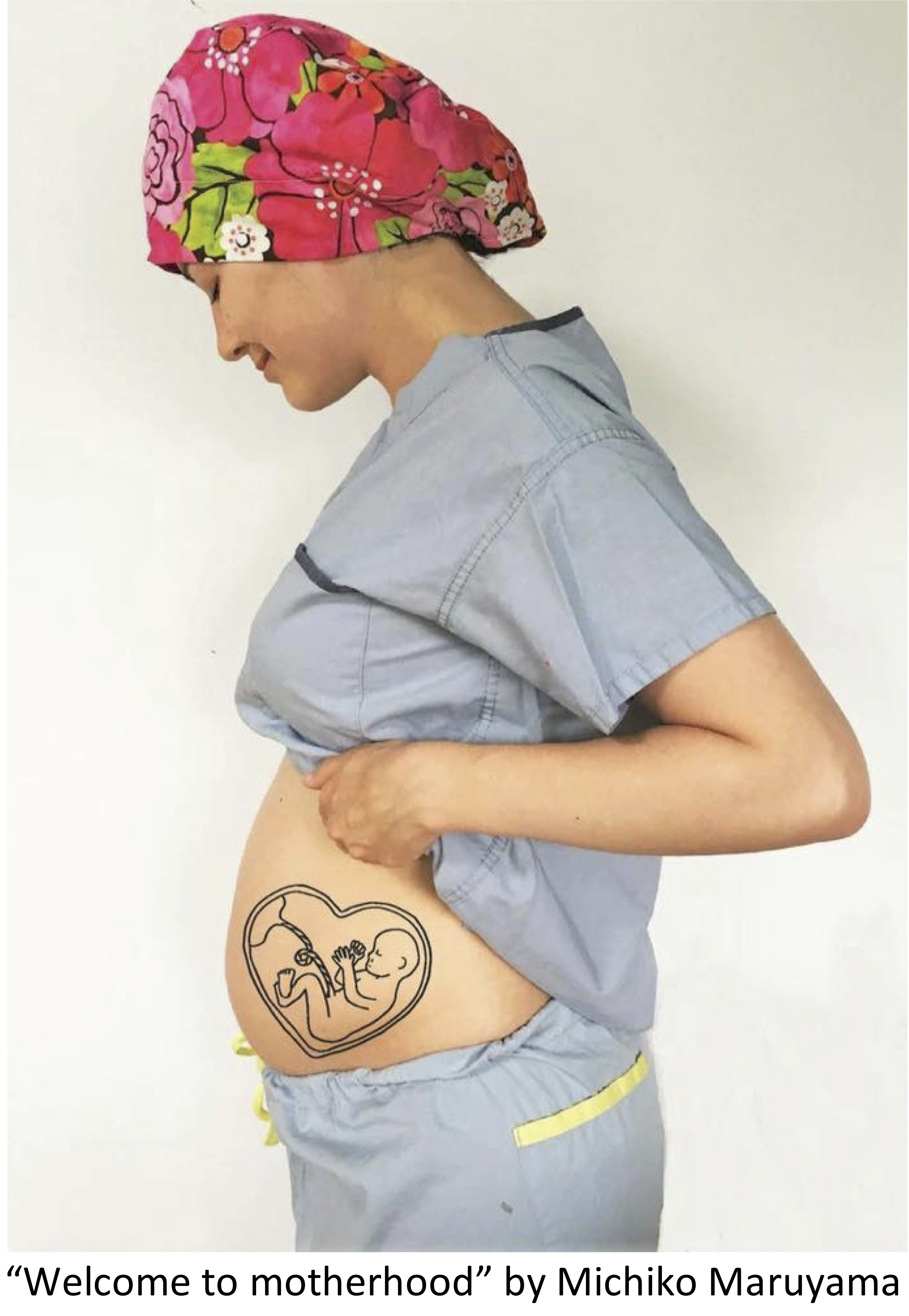Students working against tobacco: A novel educational program to improve Canadian medical students’ tobacco counselling skills
DOI:
https://doi.org/10.36834/cmej.36920Keywords:
smoking cessation, youth smoking prevention, tobacco use, medical educationAbstract
Background: Medical professionals should be appropriately trained in the field of smoking cessation counseling and be familiar with related tobacco-control issues. Sadly, Canadian medical students receive little education regarding smoking cessation.
Methods: University of Ottawa medical students created Students Working Against Tobacco (SWAT), a program that provides its members with tobacco education and opportunities to discuss tobacco use, smoking prevention and cessation with elementary-school students. Surveys assessing student knowledge and confidence in addressing tobacco issues were administered to the participating students at the start of the program and following their delivery of a school presentation.
Results: Students initially lacked knowledge, skills and experience in addressing tobacco issues and discussing smoking prevention and cessation counselling. Following their involvement in the SWAT program, students’ smoking cessation counselling knowledge and skills improved, and they expressed confidence in becoming more engaged in this important preventive health issue.
Conclusion: Until smoking cessation is incorporated into undergraduate medical education programs, gaps will remain in the preparation of tomorrow's physicians regarding the provision of effective smoking cessation counselling and their broader understanding of this important health issue. Currently, there are constraints limiting the number of medical undergraduates that SWAT is able to involve and influence.
Downloads
Published
Issue
Section
License
Submission of an original manuscript to the Canadian Medical Education Journal will be taken to mean that it represents original work not previously published, that it is not being considered elsewhere for publication. If accepted for publication, it will be published online and it will not be published elsewhere in the same form, for commercial purposes, in any language, without the consent of the publisher.
Authors who publish in the Canadian Medical Education Journal agree to release their articles under the Creative Commons Attribution-Noncommercial-No Derivative Works 4.0 Canada Licence. This licence allows anyone to copy and distribute the article for non-commercial purposes provided that appropriate attribution is given. For details of the rights an author grants users of their work, please see the licence summary and the full licence.











